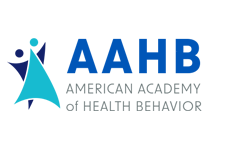Abstract
Optimal implementation research and practice often relies on rapidly performing, analyzing, and interpreting qualitative work such as interviews. Performing interviews in person and with traditional approaches to transcription can present substantial burdens, including logistics of in-person meetings, and the cost and time of both conducting and transcribing interviews. Recent advances in language processing technology coupled with technocultural shifts largely due to the COVID pandemic have decreased barriers to rapidly conducting qualitative implementation science work. In this viewpoint, we describe how using Zoom™ for videoconferencing with Otter.ai automated transcription allowed for rapid qualitative work in a qualitative implementation science study, and how this combination of technologies could facilitate further rapid qualitative work in the future.
Author ORCID Identifier
0009-0004-3179-5413
Creative Commons License

This work is licensed under a Creative Commons Attribution-Noncommercial 4.0 License
Recommended Citation
Vedapudi, Varsha; Byrnes, Mary; Skolarus, Ted; and Stensland, Kristian
(2024)
"Zooming Towards Rapid Qualitative Research for Implementation Science,"
Health Behavior Research:
Vol. 7:
No.
3.
https://doi.org/10.4148/2572-1836.1234
Included in
Health Communication Commons, Interpersonal and Small Group Communication Commons, Quality Improvement Commons, Telemedicine Commons




